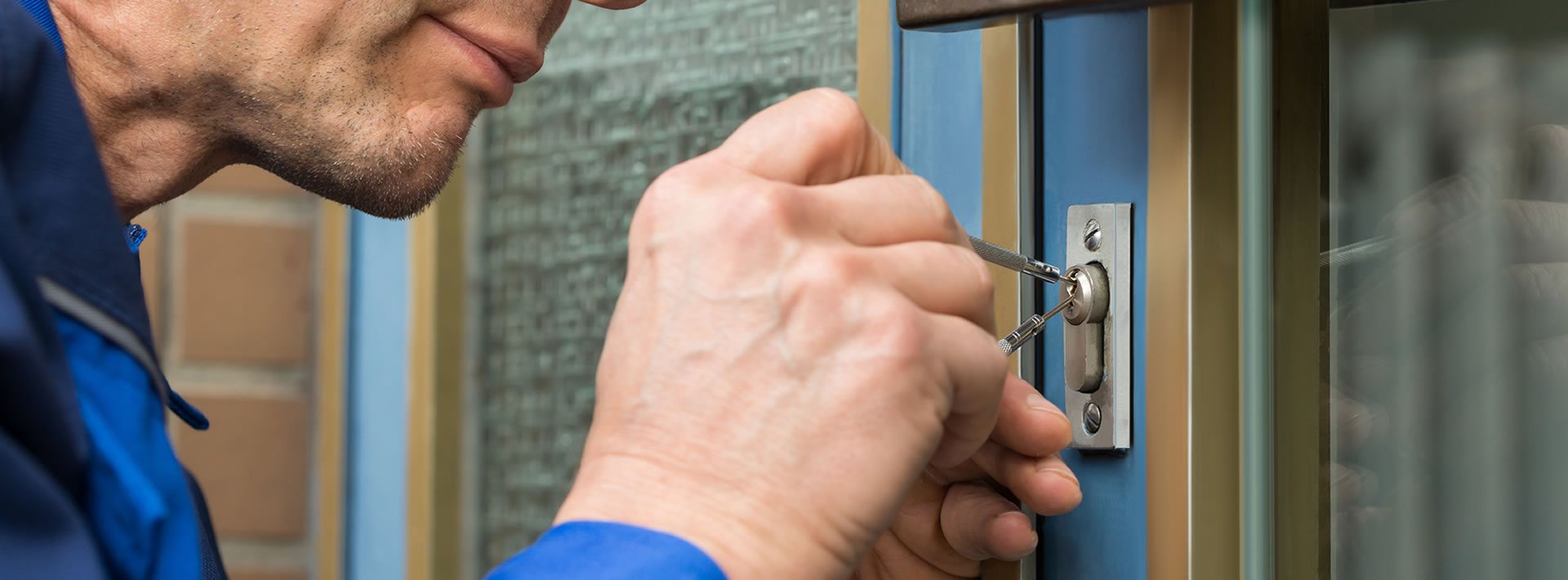Insurance approved locks
Did you know that if you have home insurance, then it is very likely that somewhere in your insurers terms and conditions, they have probably specified that you should have an insurance approved lock fitted to every external door leading into your home – Front and back! Also, your windows should have key operated locks too. And if you do not satisfy these requirements, then in the unfortunate event of a burglary, your insurance will be void and you will not be refunded for any contents that are damaged or stolen.
Unfortunately, the subject of Insurance Approved Locks is a very grey area and is always a topic for debate, as all of our homes are unique and have different doors and layouts. Therefore, trying to satisfy your insurer’s requirements can be difficult. And when you decide to call your insurance company and enquire about this, you are only ever going to be able to speak with a customer services advisor or an administrator who has no idea about locks and can only repeat the information they have in front of them regarding the requirements of their employer about their take on Insurance Approved Locks.
An Insurance Approved Lock is a mortice lock that has been stringently tested and is regarded as a high security lock that meets a particular standard. The lock will normally have an anti drill plate, have anti saw bolts running through the deadbolt and have what is known as a curtain fitted in the key way, which makes the lock difficult to pick. To confirm this, it will carry the British Standard Kite mark symbol which means it is approved to BS3621. If you are unsure about your locks, then ask a locksmith to clarify this.
UPVC & Aluminium Doors
If you do not have a wooden door that you can fit a British Standard lock to, then you may have a UPVC door which has a multipoint lock, or an Aluminium door that either has a multipoint lock or a mortice lock. This is where the subject of British
Standard Insurance Approved Locks becomes a topic for debate.
Some aluminium doors are old and may only have a lock that operates a deadbolt in the middle and does not conform to British Standard. But because the door is old and made from aluminium, it is difficult to find a lock that conforms to British standard and
can replace your existing lock.
Also the majority of multipoint locks fitted in a UPVC Door have a 3 point locking system, but do not have a British Standard kite mark on them. Therefore, you are a little stuck if your insurers have specified in their terms and conditions that a British Standard Insurance Approved Lock is required. How are you meant to know?
The good news is that some insurers do specify that a 3 point lock will satisfy their requirements. This is good news if you have a UPVC door with a multipoint lock. However, if you have a aluminium door or sliding patio door, then it is likely that you do not have a British Standard lock or a 3 point locking mechanism. The solution for this is to fit additional locks to the top and bottom of your door. This will normally satisfy their requirements.
The information above is only given to help assist you in making a decision about whether the locks on your home will meet your insurer’s requirements, and will hopefully remove some of the stress involved in making that decision. It is only to be used as a guide. Please always check with your insurer to clarify that your home insurance complies with their requirements for insurance approved locks.
Should you require any assistance with the fitting of an Insurance Approved Lock, then feel free to call Billie at Lock King for for a free no obligation quote.

